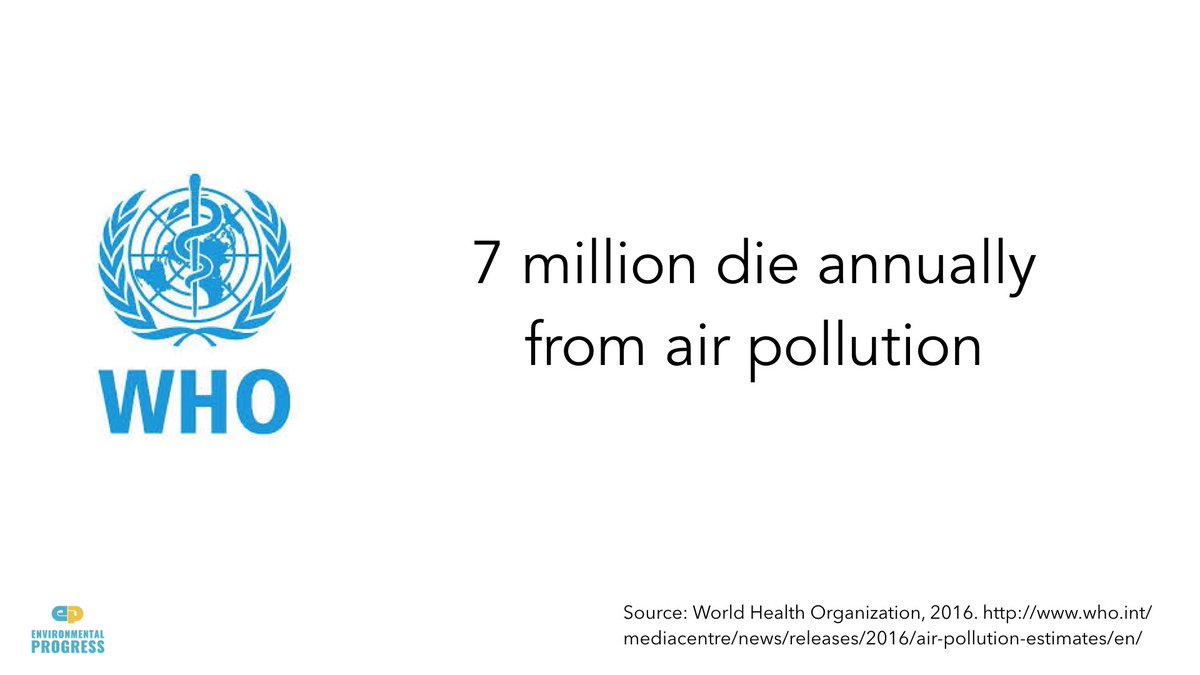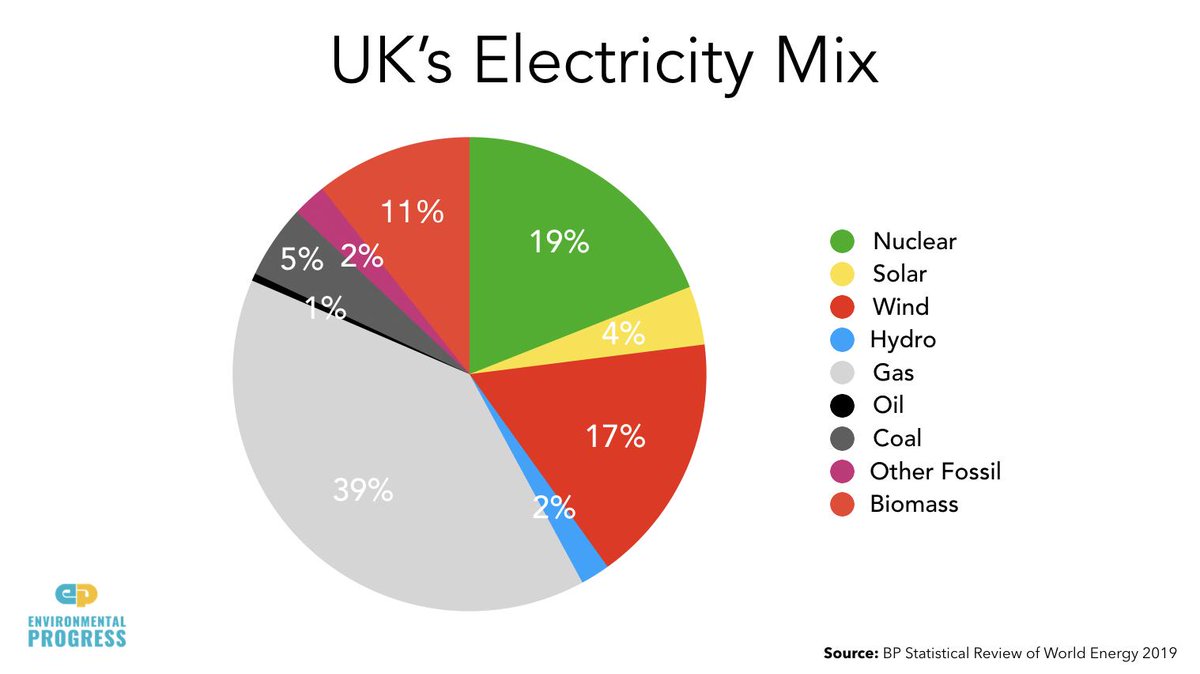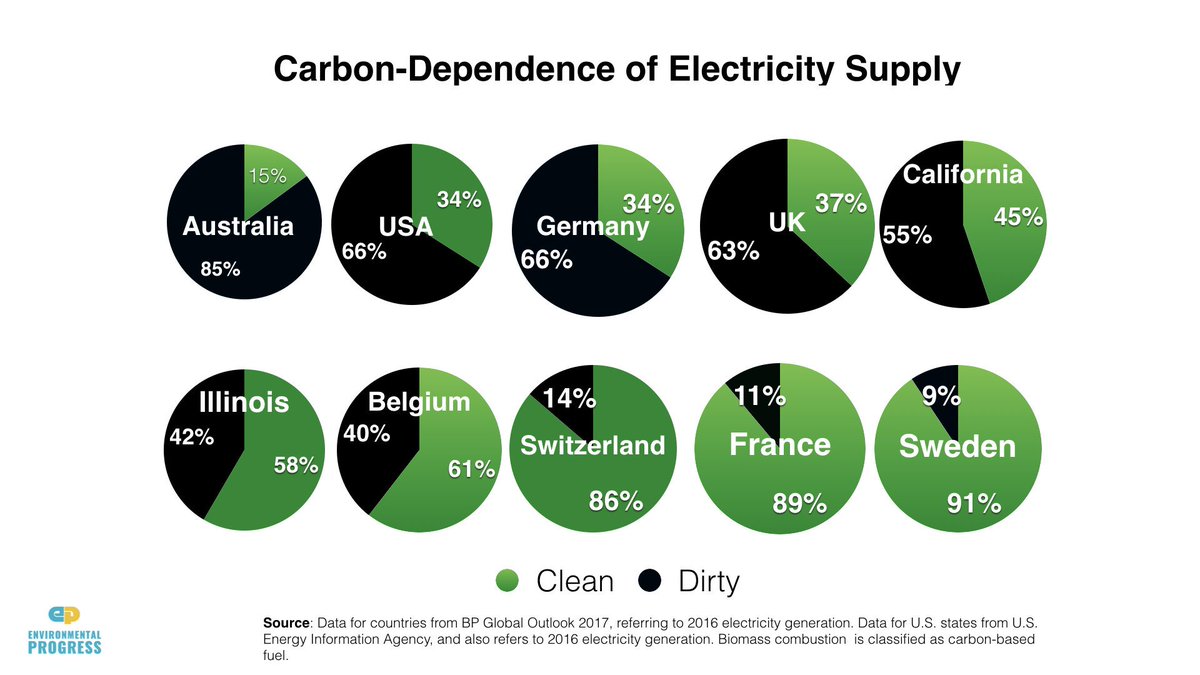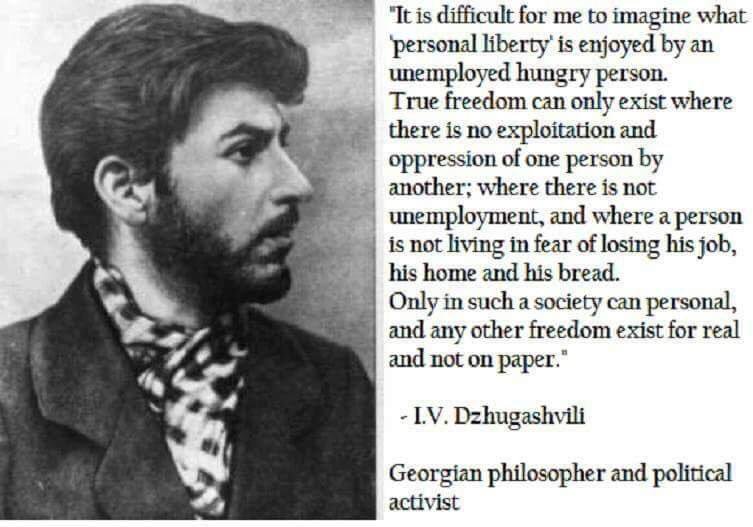You might want to dismiss the prank, but it was a brilliant & wholly-justified way to highlight the dangers of climate extremism.
Malthus thought that there were too many poor people, particularly poor Irish people, and that the ethical thing to do was let them die.
Condorcet argued that scientific and moral progress could be intertwined.
The British government and media used Malthus’ ideas to justify the policies that led to mass starvation in Ireland from 1845 to 1849.
Cheap energy would lead to overpopulation, deplete scarce resources, and destroy the environment, prominent scientists in the West feared.
Rather than move to fossil fuels, hydro-electric dams, and nuclear power plants, like rich nations had done, poor nations should instead use *wood fuel* more sustainably, the UN said.
Malthusianism is almost always hypocritical.
"If Senator Leahy is so adamantly against hydropower," wrote a development specialist, "let him show his commitment by first turning out the lights of Vermont."
jstor.org/stable/pdf/10.…
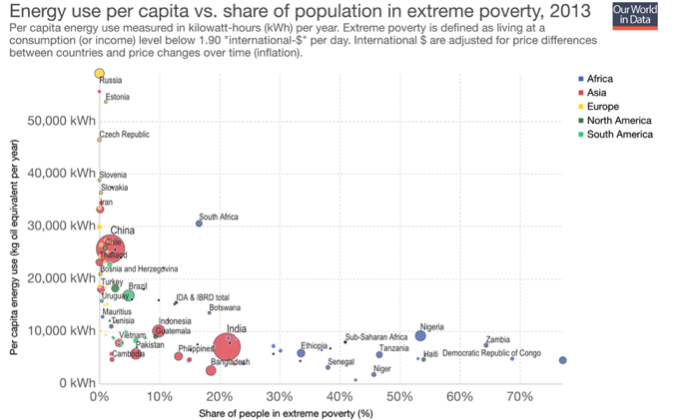
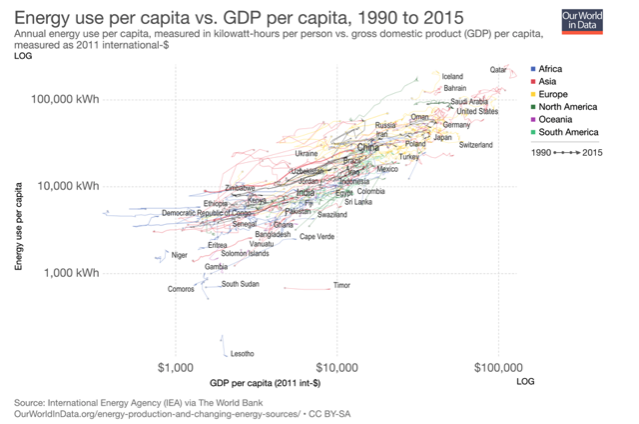
amazon.com/More-Less-Surp…
Such was the case of the "we have to eat babies" hoax.
/END



